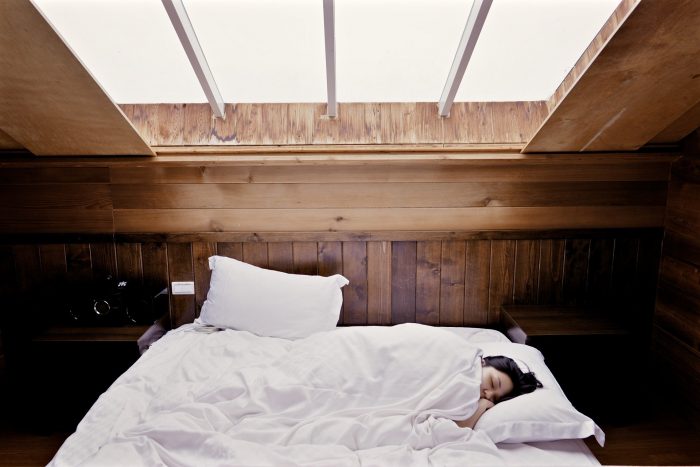Sleep plays a huge role in your day-to-day life and in your overall wellbeing. Getting the proper amount of sleep can do wonders for your physical and mental health.
Sleep deficiency is something that has been linked to increased depression, suicide, and risk-taking behaviors. It can also interfere with decision-making, lead to emotional issues, and inhibit problem-solving capabilities.
Along with these mental health issues, sleep is closely linked to the body’s ability to repair heart and blood vessels. In fact, ongoing sleep deficiency is correlated with an increased risk of :
- Heart disease
- Kidney disease
- Stroke
- High blood pressure
- Obesity
Due to these potential problems, it is important to ensure that you are getting the proper amount of sleep. For adults 18 and older, you should shoot for 7 to 8 hours of sleep per day.
However, with Coronavirus going on, it may be difficult to establish a proper sleep schedule and a person’s circadian rhythm may be messed up.
Here are a few things that you can do to improve your sleep habits.
Set A Schedule and Stick to It
One of the best ways to improve your sleep schedule is to actually create one, write it down if you have to and make sure that you follow and stick to it. Weeknights, weekends, every day, do your best to stay with that same schedule and not falter. Staying up late and sleeping in on weekends will cause your circadian rhythm to go out of control.
Limit Screen Time
With internet, and technology, in general being so ubiquitous in our daily lives it can be easy to get sucked into your phone or computer at points throughout the day. But looking at a screen too much can impede your sleep, especially before bed.
It is recommended that you take the last hour of the day before bed to avoid strenuous exercise and artificial light from phone, TV, or computer screens. One of the best ways to avoid doing that can be to read a book or take a bath right before bed.
Avoid Alcohol
Along with limiting screen time, avoiding alcohol is a great way to improve sleep. One of the many effects of alcohol is that it can inhibit slow-wave sleep patterns which are important for REM sleep. While many people may use alcohol to help them fall asleep, which may be a sign of alcoholism, it can interfere with a person’s quality and length of sleep. While there are alcohol treatment programs in place to help people who cannot help themselves, the best thing to do if alcohol is interrupting your sleep is to quit drinking – at least right before bed.
Along with alcohol, it is best to avoid caffeine and large meals.
Use Relaxation Techniques
Whether you are taking a warm bath, reading a nice book, doing breathing exercises, listening to soft music, doing yoga, or something else, relaxation can be one of the keys to helping you fall asleep and stay asleep. All these things can help you relax, allowing you to sleep more peacefully.
Some people have problems falling asleep which can cause them to stress out making it even more difficult to sleep. When this happens just try to calm down and remind yourself that eventually your body will take over allowing you to fall asleep.
Overall, sleep is vital to many aspects of physical and mental health. If neglected, it can cause many problems to arise socially, physically, and professionally. If you are finding it difficult to fall or stay asleep, try a few of these tips and you may find yourself waking up feeling well rested and ready to start the day.











Read 0 comments and reply